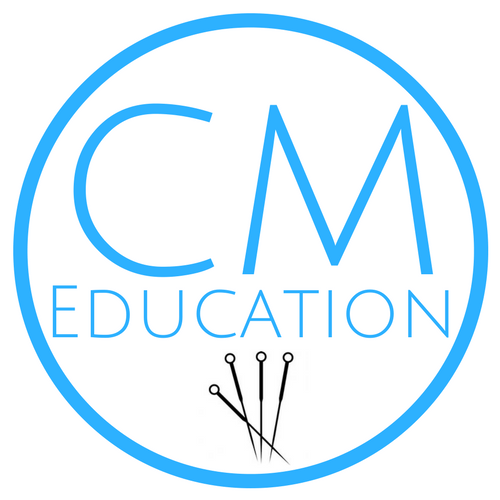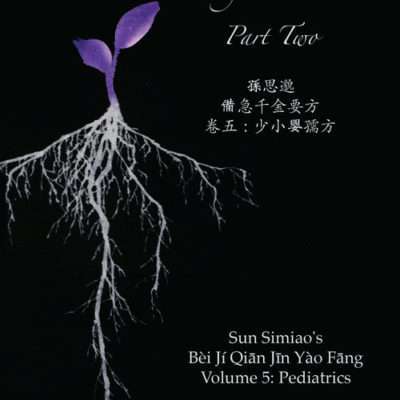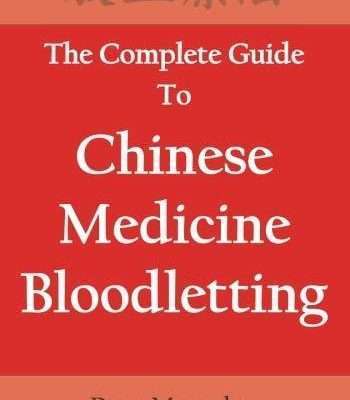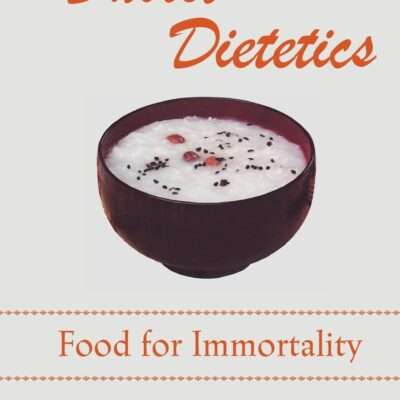Description
YAN Shi-Lin & LI Zheng-Hua
ISBN: 9780912111797
Paradigm Publications 2005 1st Edition
255 x 180mm, index, bibliography, footnotes, appendix. 200pp
Drawing from many classical texts to reinforce the primary material, the Pathomechanisms series offers an in-depth analysis of the origins and disease progression for each of the zang organs of the body. These books not only lay the theoretical ground work, they are also supported by appropriate investigations of historical texts and modern medical research. To facilitate comprehension, sample formulas and herbs appropriate to each section of discussion are included.
The first book in the series (of five) is Pathomechanisms of the Heart. The first section of this text discusses repletion conditions of the heart, including qi stagnation, phlegm obstruction, blood stasis, heart repletion cold, heart repletion heat, dampness encumbering the heart, and water assailing the heart. The second section details vacuity conditions, including vacuity of heart qi, heart yang, heart blood, and heart yin. Each pathomechanism is described in detail with references to its historical development, then further differentiated by the specific aetiological factors. Each subsection discusses the origins and development of ideas relevant to this pathology, then gives the various symptoms, treatment strategies, and specific formulas, often with modifications to address the particular symptoms more directly. It is here that the author offers a review of relevant literature, spanning the entire range of traditional medical literature beginning with the early classics. For each text, he gives the specific quotations and then paraphrases and explains it. This provides the reader a sense of the historical evolution as well as the various clinical perspectives on each pathomechanism. At the conclusion of each section, the author summarizes the information in a useful table that differentiates again by etiology and then lists specific symptoms in each case.
Pathomechanisms of the Heart also contains a section on modern research, a Chinese-English bibliography in alphabetical order (with both classical texts and journal articles on modern research) and a Chinese bibliography organised by stroke number. The understanding of pathomechanisms of different organs is crucial to an understanding prognosis in TCM. As a logical way of comprehending diseases, it serves as a bridge between the patient and doctor and can help the TCM practitioner accurately grasp the dynamics in the prognosis of disease. This series is an invaluable aid for all students and practitioners of Chinese medicine.





Reviews
There are no reviews yet.